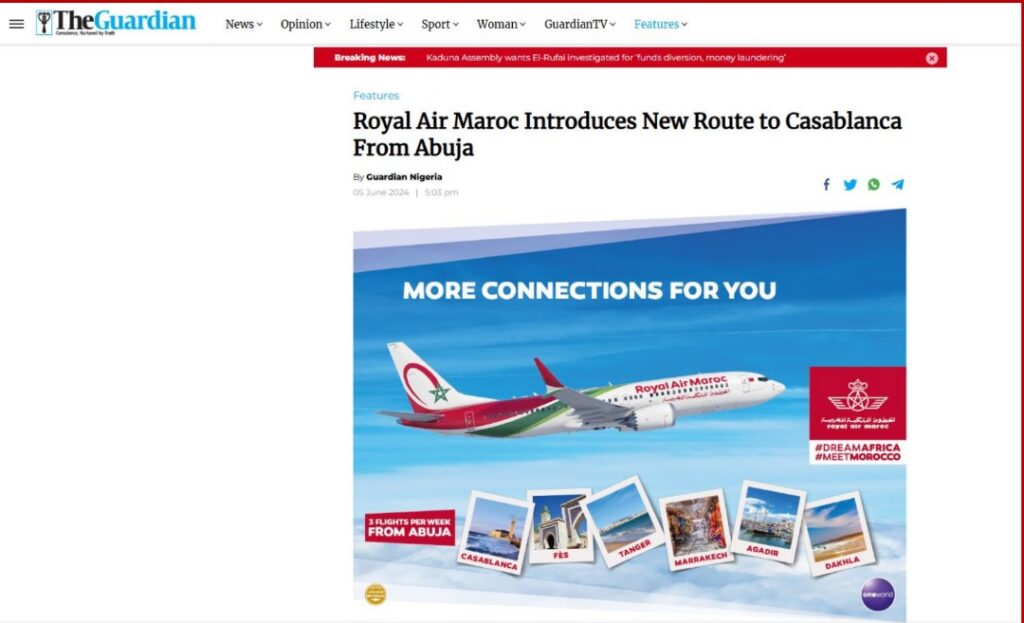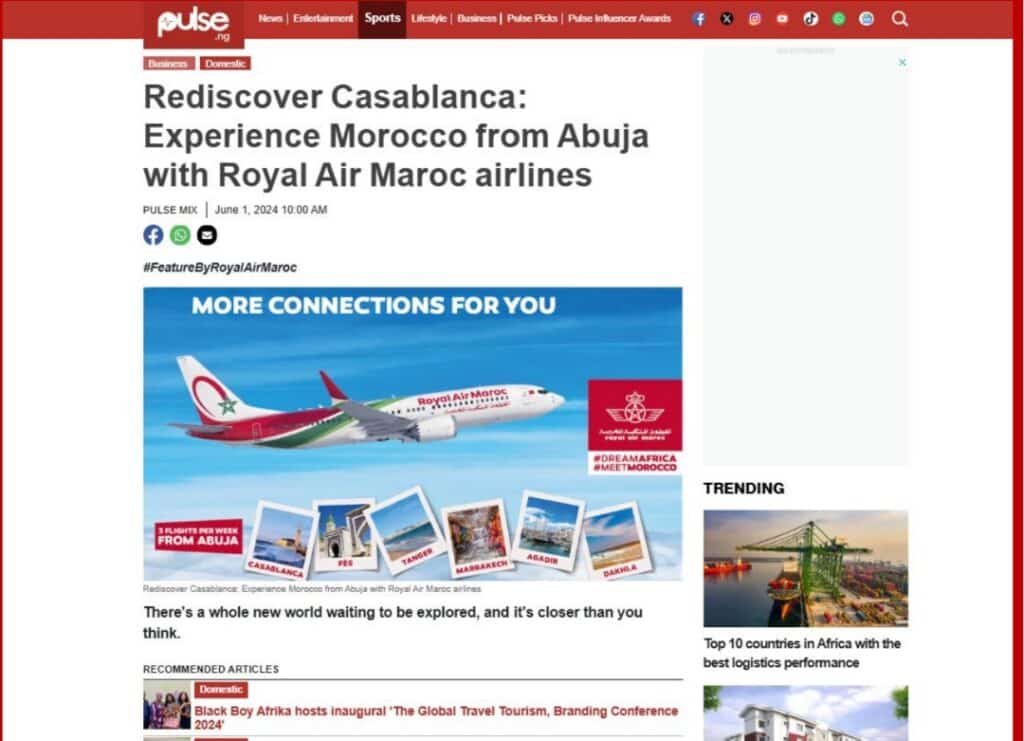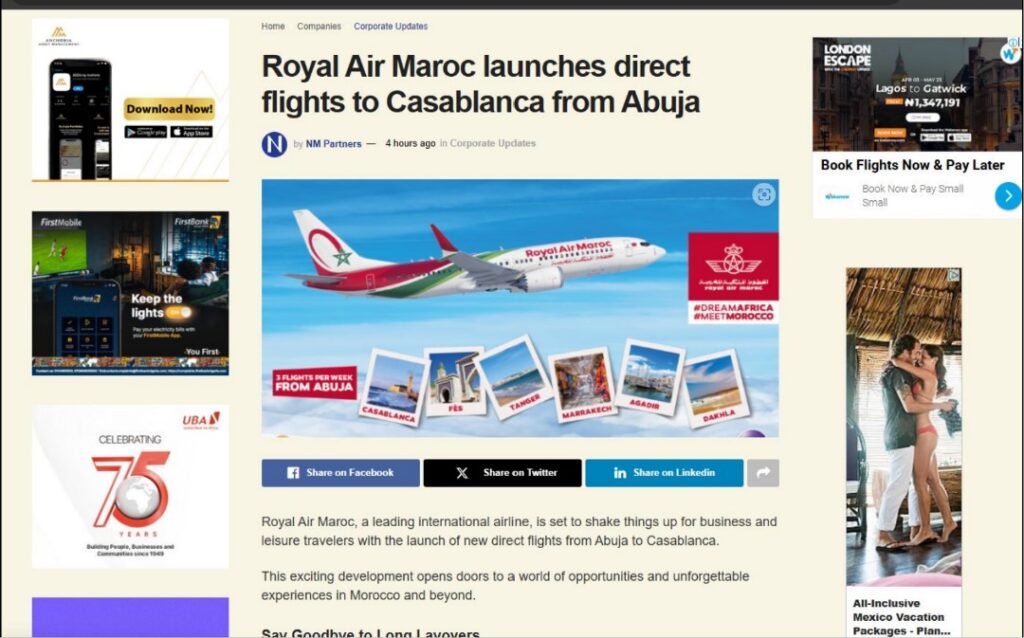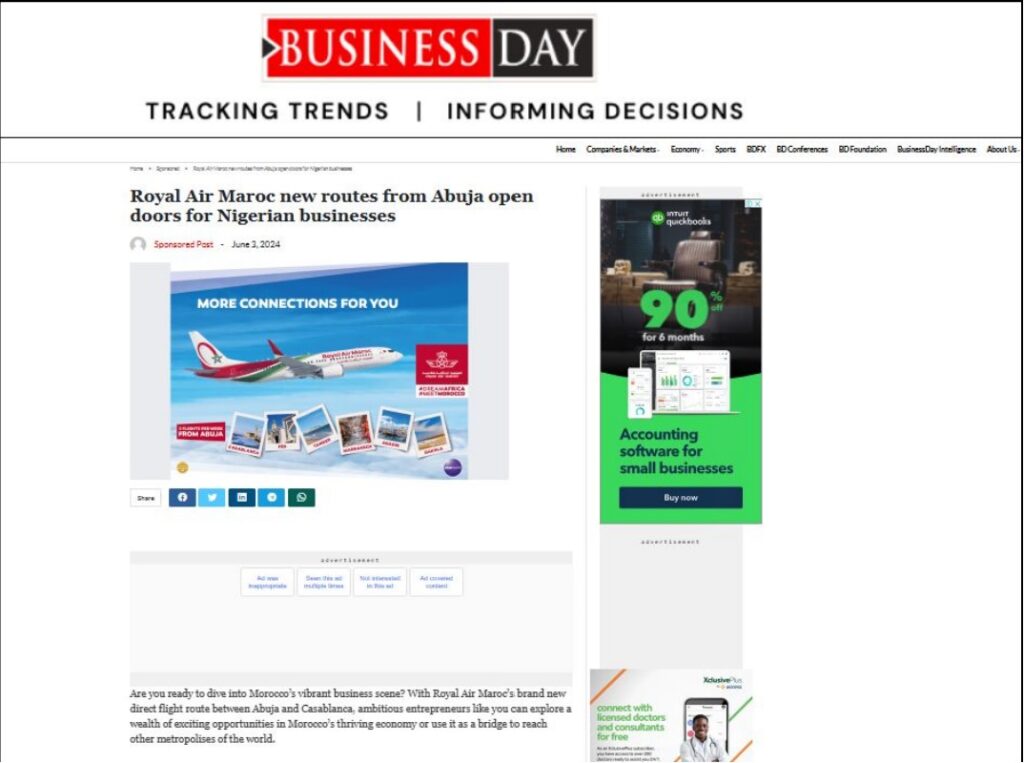
Drive Sales and Revenue
Attracting potential customers to your Business through PR agency in Nigeria

Build and Protect Your Reputation
Create a positive and consistent brand image that fosters trust and credibility

Top PR Agency In Nigeria
Build positive relationships with your target audience and generate buzz/excitement around your business.

What do you want people to think about your business? Whether you’re just starting out or you’ve been around for a while, proper public relations (PR) can help get your company in the right light. And that’s where we come in.
Watch your business succeed as we develop and execute PR campaigns that put your business in the spotlight. We work with media outlets across the country to get your story told—and to make sure it’s told accurately.
In essence, we make the world fall in love with the brands we manage by offering the best PR services including Ambassadorship, Crisis Communications, and more!
Clients That Trust Us
If These Brands Can Trust Us So Can You
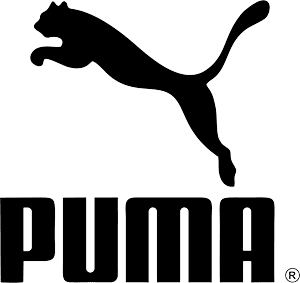

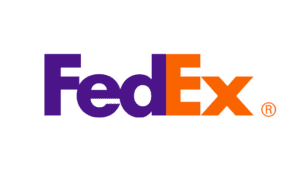

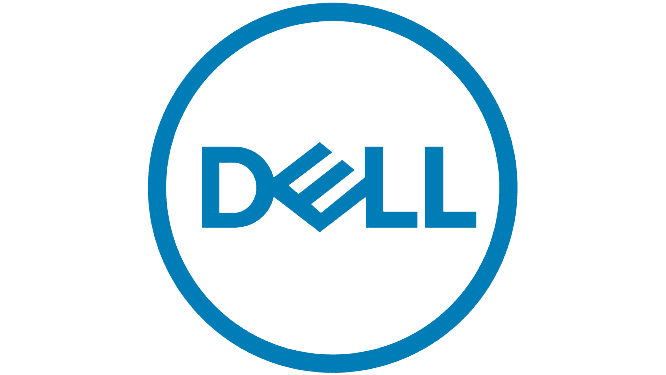

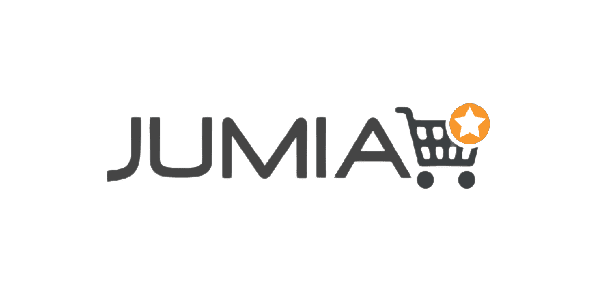
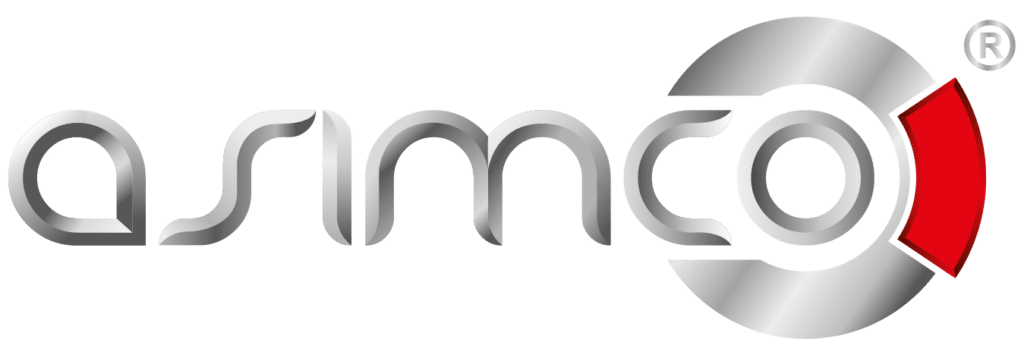
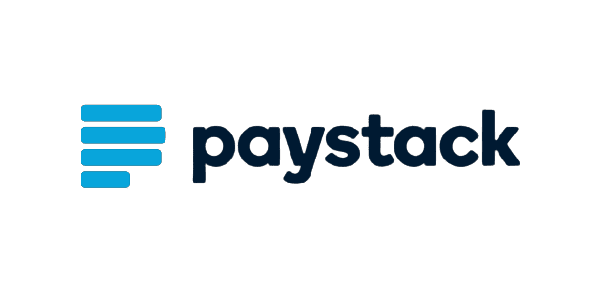
One of the major challenges many brands face is not lack of talent, skill or even resources, it’s wrong perception. A narrative that portrays your brand in an awkward or negative light has the power to reduce your earning power. We recognize the importance of public relations in building trust and shaping public perception for both individuals and brands, that’s why we created a public relations team in Nigeria just for you.
We begin by conducting in-depth research to understand your target audience and their cultural nuances. This allows us at Xpark360 to craft a captivating story that resonates with them and conveys your brand’s values and USP. This story forms the basis of all our PR activities.
Manage Perception
Next, We build strong relationships with key media outlets, journalists, and influencers to secure positive coverage for your brand or personal image.
Asides that, Xpark360 is always prepared to handle any crisis and has effective strategies in place to mitigate negative publicity and protect your reputation.
Leverage Human PR
We position you as an industry expert by creating opportunities for interviews, guest articles, and participation in relevant events. We’ll also help you build connections with local communities, strengthening your brand’s social capital and goodwill.
Lifestyle Marketing
We employ strategic partnerships with influencers and lifestyle brands that align with your values and goals to reach new audiences and amplify your message. Through engaging content marketing, we’ll build connections with your target audience and increase brand awareness. We’ll create content that tells your story and resonates with your audience on an emotional level.
Our
PR Services
Focused on results we seek to raise the level of our customers.
Successful PR Campaigns by Xpark360
Royal Air Maroc's Successful Events Managed by Xpark360






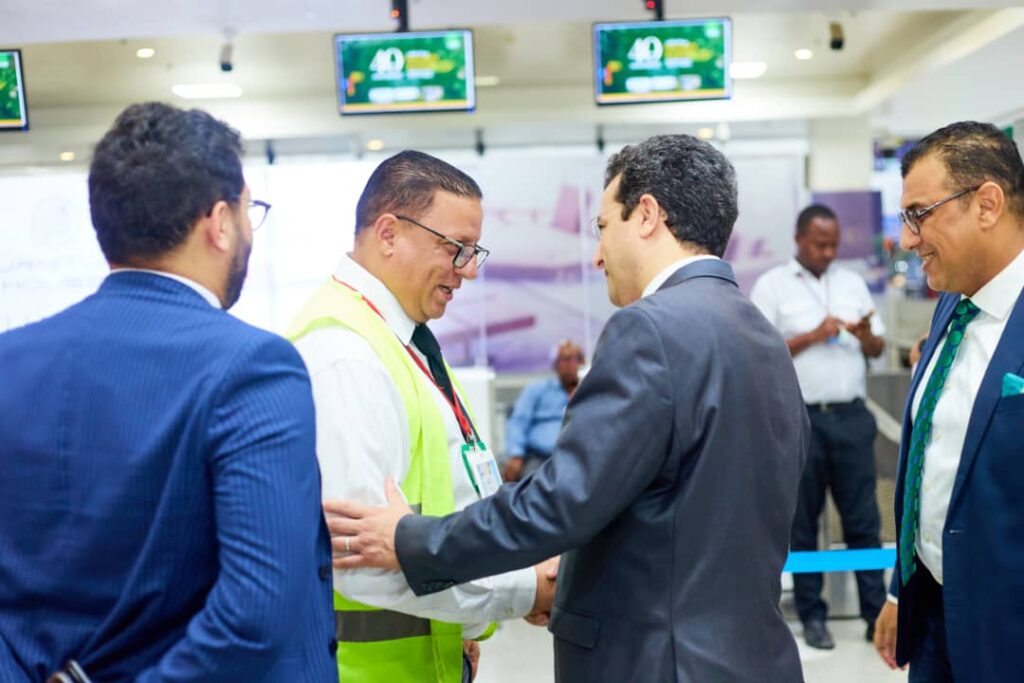

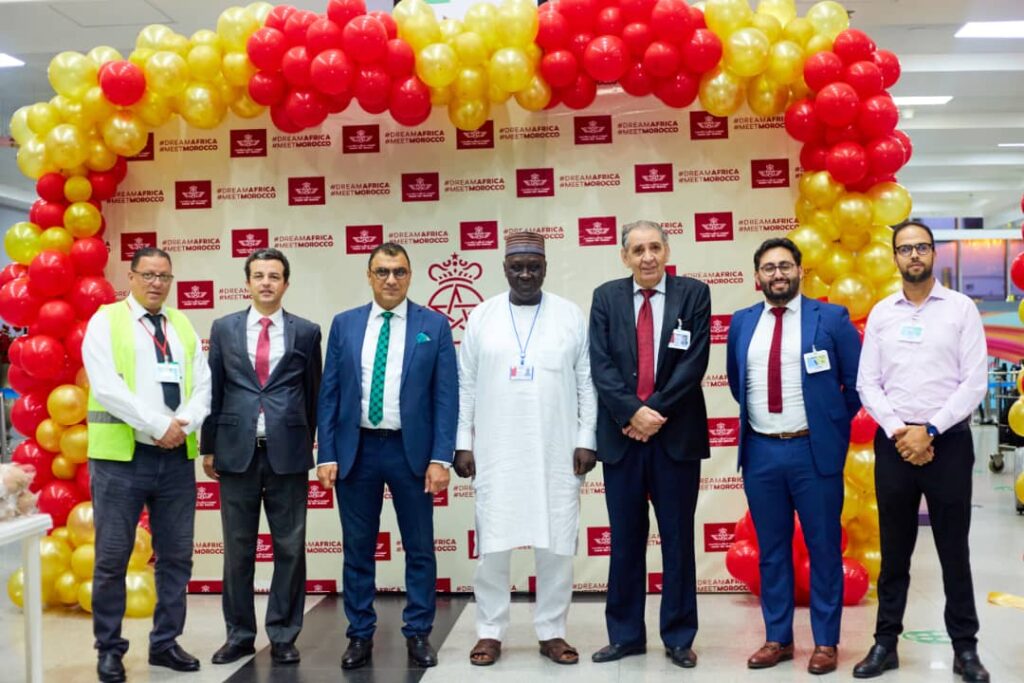




FAQs
What is Digital PR?
Digital PR, short for Digital Public Relations, is the use of online channels to build brand awareness, improve reputation, and generate positive press coverage. It’s essentially PR that leverages the power of the internet to reach a wider audience and achieve specific marketing goals.
Here’s a breakdown of what Digital PR entails:
- Focus on Online Channels: Unlike traditional PR that relies on press releases and media placements, Digital PR utilizes online tools and platforms like social media, content marketing, influencer marketing, and search engine optimization (SEO).
- Building Relationships Online: It involves fostering relationships with online journalists, bloggers, and social media influencers to generate organic brand mentions and discussions.
- Content is King: Digital PR hinges on creating high-quality, engaging content that resonates with target audiences and gets shared online. This content can come in various forms like blog posts, infographics, videos, and social media content.
- Measurable Results: A key advantage of Digital PR is its measurability. You can track metrics like website traffic, social media engagement, brand mentions, and backlinks to gauge the effectiveness of your campaigns and optimize them for better results.
Here are some of the key benefits of Digital PR:
- Increased Brand Awareness: By leveraging online channels, Digital PR can significantly expand your brand’s reach and visibility to a wider audience.
- Improved Credibility & Reputation: Positive online mentions, reviews, and influencer endorsements can significantly boost your brand’s credibility and reputation in the digital space.
- Enhanced SEO: Digital PR strategies like content marketing and link building can improve your website’s search engine ranking, making it easier for potential customers to find you online.
- Targeted Audience Engagement: Digital PR allows for targeted communication directly with your ideal audience, fostering stronger brand loyalty and engagement.
- Measurable ROI (Return on Investment): The online nature of Digital PR makes it easier to track and measure campaign performance, allowing you to optimize your spending for better results.
Why should I hire a PR agency?
There are several compelling reasons why you might consider hiring a PR agency:
Expertise and Experience: PR agencies have a wealth of knowledge and experience in crafting and executing successful PR campaigns. They stay up-to-date on the latest trends and best practices in the PR industry, ensuring your campaigns are effective and relevant.
Media Connections: PR agencies have established relationships with journalists, bloggers, influencers, and other key players in the media landscape. They leverage these connections to secure valuable media coverage for your brand, increasing your visibility and credibility.
Content Creation: Creating high-quality, newsworthy content is essential for any PR campaign. PR agencies have skilled writers and creatives who can develop compelling content that resonates with your target audience and journalists alike.
Crisis Management: Even the most prepared businesses can face unexpected challenges. A PR agency can help you develop a crisis communication plan and manage your communications effectively if a crisis hits, minimizing potential damage to your reputation.
Time Efficiency: Running a successful PR campaign is time-consuming. Hiring a PR agency frees you and your team to focus on core business operations while the agency handles the day-to-day tasks of your PR strategy.
Measurable Results: A good PR agency will track the performance of your campaigns and provide you with regular reports on key metrics like media mentions, website traffic, and social media engagement. This allows you to measure the ROI (Return On Investment) of your PR efforts and make adjustments as needed.
Targeted Audience Reach: PR agencies can help you identify your target audience and develop strategies to reach them through the most relevant channels. This ensures your message reaches the people who matter most to your business.
Cost-Effectiveness: While hiring a PR agency requires an investment, it can be more cost-effective than trying to manage your own PR efforts in-house. The agency’s expertise and connections can help you achieve your PR goals more efficiently.
Overall, a PR agency can be a valuable asset for any business looking to:
- Increase brand awareness and visibility
- Improve brand reputation and credibility
- Generate positive media coverage
- Drive sales and leads
- Manage crises effectively
- Save time and resources
-How long are your PR campaigns?
The actual length of a PR campaign can vary greatly depending on several factors:
- Campaign Goals: Are you aiming to launch a new product, build brand awareness, or manage a crisis? Short-term goals might be achievable within a few weeks or months, while long-term brand building efforts could take years.
- Target Audience: Reaching a niche audience might require a more focused campaign compared to a broad target market. This can influence the duration.
- Budget: Larger budgets allow for more extensive campaigns that can span a longer period.
- Industry: Some industries move quickly and require fast-paced PR efforts, while others can afford a slower, more methodical approach.
Here’s a general breakdown of PR campaign lengths:
- Short-term campaigns (1-3 months): These are ideal for time-sensitive events like product launches or addressing a current news story.
- Mid-term campaigns (4-9 months): Often used to build momentum for a new product or service, or establish brand awareness within a specific target audience.
- Long-term campaigns (1 year or more): These are focused on long-term brand building, reputation management, or ongoing thought leadership efforts.
How do I choose a PR agency in Nigeria?
Choosing the right PR agency is a crucial decision for your business’s success. Here’s a roadmap to guide you through the selection process:
1. Define Your Needs and Goals:
- Campaign Objectives: Clearly identify what you want to achieve with your PR efforts. Is it brand awareness, product launch buzz, crisis management, or something else?
- Target Audience: Understanding who you’re trying to reach is vital. Consider demographics, interests, and media consumption habits.
- Budgetary Constraints: Determine how much you’re comfortable spending on PR services. This will help narrow down your agency options.
2. Research and Compile a List of Potential Agencies:
- Industry Reputation: Look for agencies with a strong reputation in your industry or niche. Research their past clients and the success of their campaigns.
- Area of Expertise: Some agencies specialize in specific areas like digital PR, crisis communication, or B2B marketing. Choose an agency with expertise relevant to your goals.
- Location: Consider if location is a factor. While virtual communication is prevalent, local agencies might have established relationships with regional media outlets.
3. Evaluate Agency Credentials and Capabilities:
- Team Expertise: Research the agency’s team members and their qualifications. Look for experienced professionals with a proven track record in PR.
- Process and Approach: Understand the agency’s PR approach. How do they develop campaigns? Do their strategies align with your vision?
- Case Studies and References: Request case studies showcasing the agency’s past work in similar industries. Speak to references to get their insights.
4. Contact and Interview Potential Agencies:
- Develop a Pitch: Prepare a concise overview of your company, goals, and expectations from the PR agency.
- Schedule Meetings: Meet with shortlisted agencies to discuss your needs, campaign ideas, and their proposed approach.
- Ask Questions: Don’t hesitate to ask questions about their experience, team structure, fees, and reporting process.
5. Chemistry and Communication Style:
- Rapport and Trust: During the interviews, assess the agency’s communication style and how well it aligns with your company culture. It’s important to feel comfortable and have a good rapport.
- Transparency and Communication: Ensure the agency is transparent about their fees, services offered, and reporting methods. Open communication is crucial for a successful partnership.
6. Negotiation and Contract Finalization:
- Fee Structure: Negotiate the agency’s fees to ensure they align with your budget and the scope of services offered.
- Contract Clarity: Review the contract thoroughly to understand the terms of service, deliverables, and termination clauses.
7. Build a Strong Working Relationship:
- Open Communication: Maintain open communication channels with the agency team. Share relevant information and updates to keep them informed.
- Regular Reviews: Schedule regular meetings to review campaign progress, discuss metrics, and make adjustments as needed.
How much does it cost to do PR in Nigeria?
The cost of PR services in Nigeria can vary depending on several factors, but here’s a general breakdown to give you an idea:
- Campaign Scope and Complexity: Simple, short-term campaigns will generally cost less than complex, long-term campaigns requiring a multi-pronged approach.
- Target Audience Reach: PR efforts targeting a national audience will likely cost more than those focused on a local market.
- Services Included: The specific services offered by the agency (e.g., media relations, content creation, social media management) will influence the overall cost.
Is tradition PR still relevant for business today?
Traditional PR is still relevant for businesses today, but it has evolved alongside the rise of digital media. Here’s a breakdown of why traditional PR remains valuable and how it works in today’s landscape:
Why Traditional PR Endures:
- Media Credibility: Traditional media outlets like newspapers, magazines, and television broadcasts still hold significant influence and credibility with many consumers. Securing coverage in these channels can significantly boost brand trust and recognition.
- Building Relationships: Traditional PR focuses on building long-term relationships with journalists and media contacts. These relationships can be leveraged to secure ongoing positive coverage and build trust with the media.
- Targeted Reach: Traditional media can still be a powerful tool for reaching specific target audiences who might not be as active online. For example, industry publications or local news outlets can be highly relevant channels.
Evolution of Traditional PR:
- Digital Integration: Modern PR integrates traditional tactics with digital strategies like social media and content marketing. Press releases are often complemented with online content and social media promotion.
- Measurability: While measuring the impact of traditional media coverage can be challenging, PR agencies use various methods to track reach, sentiment, and website traffic generated from traditional media placements.
Here’s how traditional PR works alongside digital PR:
- A Strong Foundation: Traditional PR can lay the groundwork for successful digital PR efforts. Media coverage can generate online buzz and social media shares, amplifying the reach of your message.
- Complementary Strategies: Press releases can be used to promote blog posts or other online content, creating a synergy between traditional and digital channels.
- Multi-Channel Approach: By combining traditional and digital PR, you can reach a wider audience and achieve a more well-rounded brand communication strategy.
